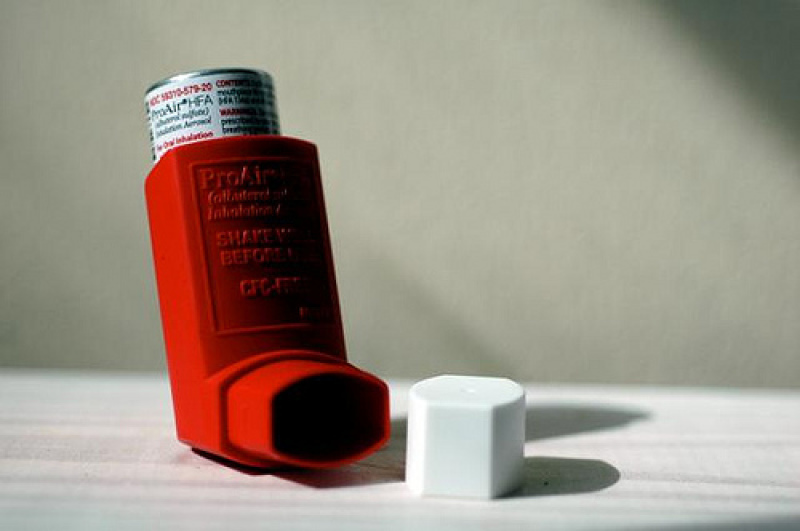
Researchers from the John Hopkins University debunked the notion that asthma is more common in inner-city areas as compared to suburban or rural neighborhoods, Science Daily reported.
Based on their findings, demographic-based factors are stronger indicators of asthma prevalence than the type of neighborhood people live in.
For the study, the researchers used data collected by surveys from the parents and guardians of over 23,000 children aged six to 17 years old. The surveys, which were administered by the Centers for Disease Control and Prevention, asked about the children's asthma conditions.
The results revealed that 12.9 percent of those residing in inner-city areas had asthma. For those in other types of neighborhoods, 10.9 percent have been diagnosed with the lung disease, LA Times has learned.
According to the researchers, however, the statistical difference between the two did not matter after factors pertaining to the children's personal backgrounds were taken into account.
"This difference was not significant after adjusting for race/ethnicity, region, age and sex," the researchers wrote in the study.
After focusing on the ethnic backgrounds of the participants, the researchers discovered that Puerto Ricans, who were found to be living in different types of neighborhoods, have the highest percentage of asthma occurrence at 19.8 percent. They're followed by African American children at 17.1 percent.
The researchers explained that Puerto Ricans and African Americans are more prone to developing asthma due to their genetic dispositions.
Aside from ethnicity, the study also claimed that poverty can also increase a person's chance of suffering from asthma since it is linked with poor dietary habits and lack of proper medical care.
"Our results highlight the changing face of pediatric asthma and suggest that living in an urban area, by itself, not a risk factor for asthma," Corinne Keet, an allergy and asthma expert at the university and lead researcher of the study said in statement.
"Instead, we see that poverty and being African American or Puerto Rican are the most potent predictors of asthma risk," she added.


















